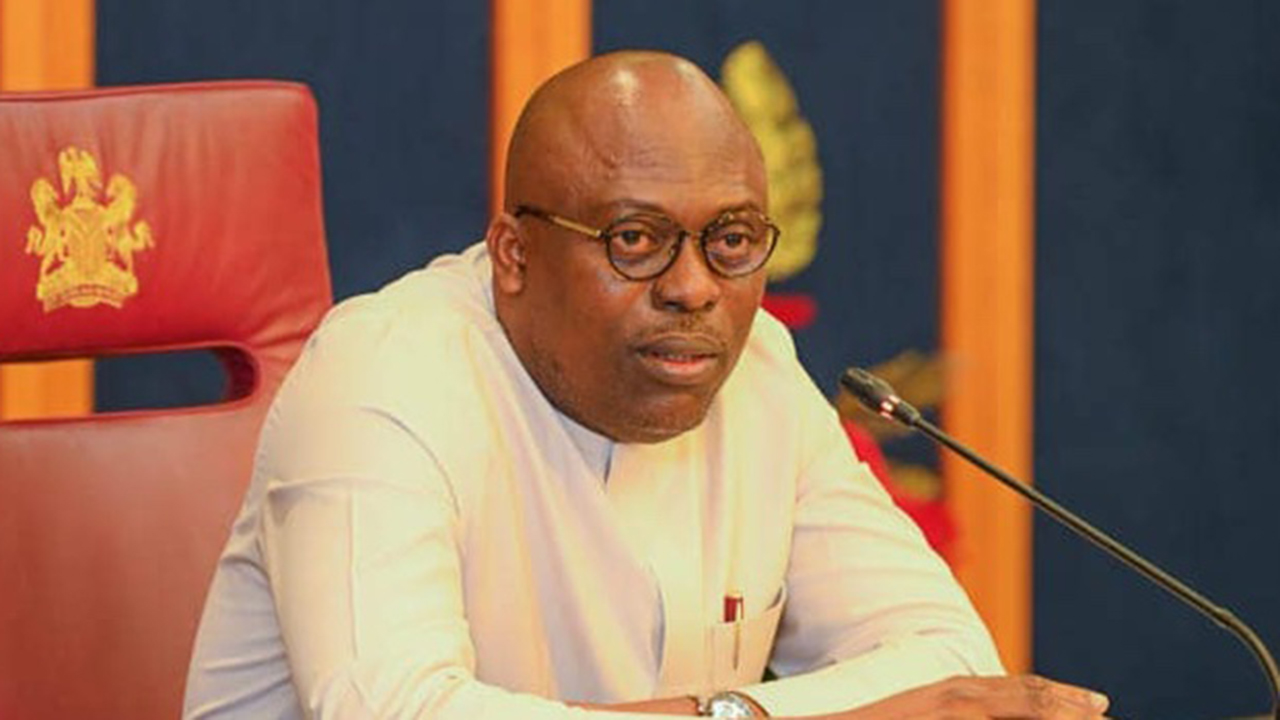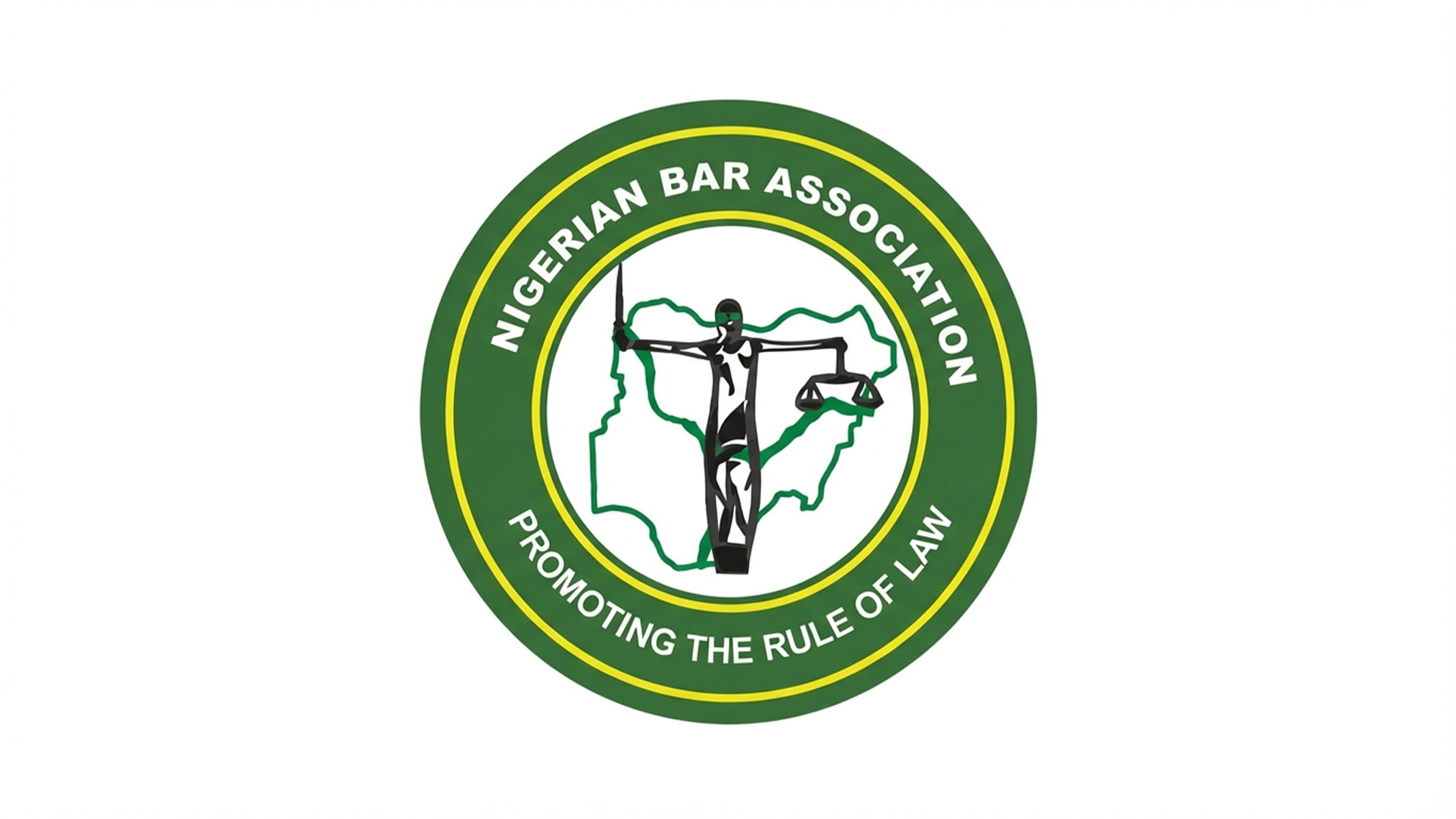Failure of the Economic Community of West African States (ECOWAS) to outlaw tenure elongation in its treaty is a major factor behind the resurgence of military takeovers in parts of the sub-region, the Director of the Centre for Democracy and Development (CDD), Prof. Jibo Ibrahim, has said.
Speaking yesterday in Abuja at a conference organised by the Rosa Luxemburg Foundation West Africa, themed, “ECOWAS at 50: Achievements, Challenges and the Road Ahead”, Ibrahim argued that although ECOWAS had fostered regional unity and economic integration, the unrestrained quest of some political leaders to extend their stay in power had created conditions that encourage military interventions.
He said: “In 2015, there was a proposition for the stoppage of more than two terms in office. That proposal was thrown out because of the unanimity clause in the ECOWAS treaty. Specifically, in 2015, Togo and The Gambia opposed it, and it was dropped. The same proposition came up at the Accra summit of December 2022.
This time, the Presidents of Cote d’Ivoire, Senegal and Togo opposed it. Again, it was dropped. The thrust of the discussion is that there is now a crisis of survival for ECOWAS. The decision to rule forever may destroy their regimes and ECOWAS itself. Therefore, for the good of the organisation, they should change.”
Ibrahim observed that mere pacification will not stop ‘sit-tightism’ in West Africa, calling on the people to lead the charge.
He added: “They are not going to change except if there is pressure from their own countries.”
Prof. Etannibi Alemika, who chaired the conference, lauded ECOWAS’s contributions to the stabilisation that has been achieved in the West African sub-region since its creation in 1975.
Among the eight regional economic commissions in Africa, Alemika argued that ECOWAS had emerged as the most coherent of the communities in Africa.
However, the don bemoaned the non-functionality of the ECOWAS Parliament and ECOWAS court, whose pronouncements failed to carry the weight of implementation.
Drawing consolation from most pronouncements by the United Nations (UN) that go unimplemented, he insisted that non-enforcement of the pronouncements of ECOWAS bodies should not discourage the West African states.






